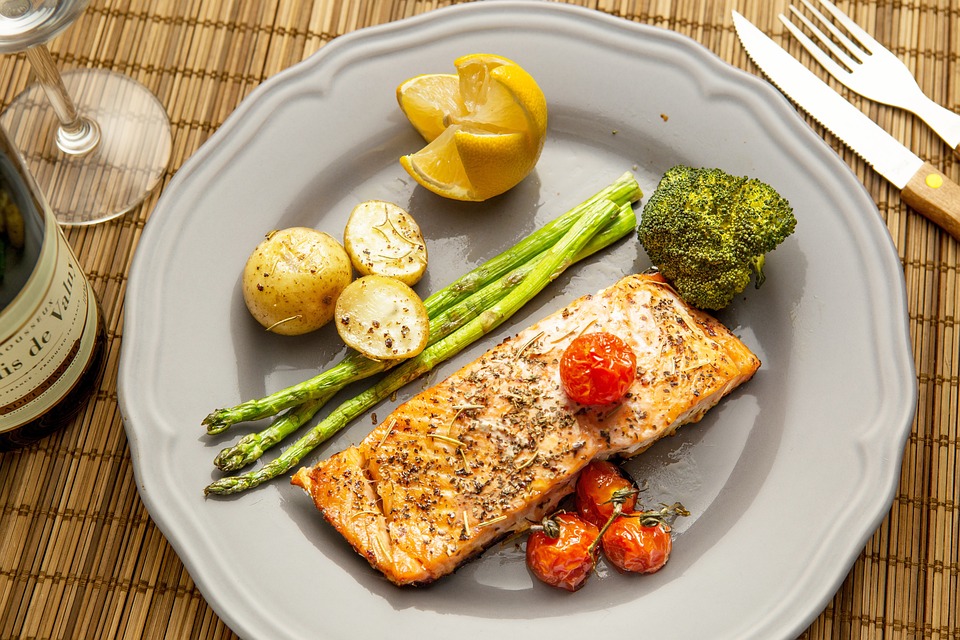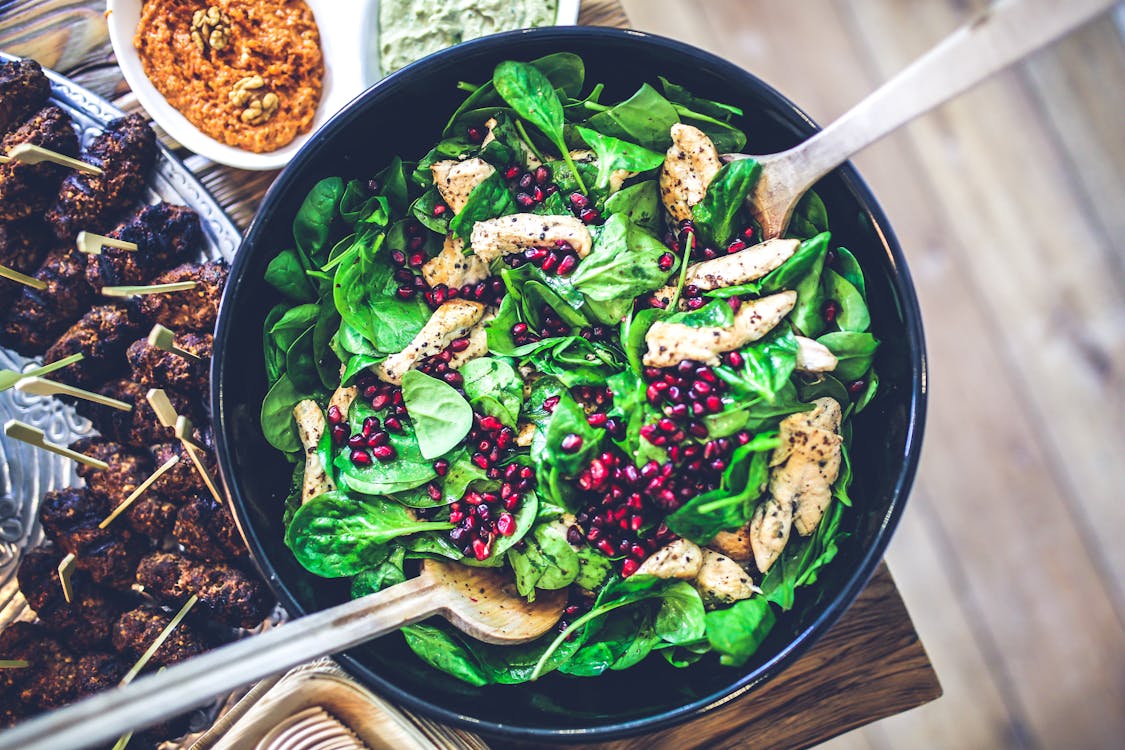Feeling sad and low? Maybe a snack is just the pick-me-up you need. The problem is, we often gravitate towards the sugary and salty treats when we want to lift our spirits—they sometimes work, but more often than not, they just make us feel even worse. On top of already dealing with emotional discomfort, you would then have to deal with the physical discomfort that results from consuming all those junk foods. That said, there are healthy ways to boost your mood with food. Here's what you should actually be looking for:
#1 Omega-3 fatty acids
More studies are showing the possible benefits of foods that are rich in omega-3 fatty acids to mental health. In fact, there's some evidence to suggest that not getting enough omega-3 fatty acids could actually be related to various mental health problems. A study published in the Journal of Epidemiology and Community Health actually found that individuals who consumed the most omega-3 fatty acids were less likely to develop symptoms of depression. The moral of the story? Eat your fish: salmon, sardines, anchovies, mackerel, etc. Walnuts, flax, and chia seeds work as well.
#2 Probiotics
Probiotics help with digestive health, which is important considering the close link between gut bacteria and brain function. Research suggests that the bacteria in our gut sends and receives signals to the brain, and such signals can be affected by the foods we consume. There is evidence of probiotics having a positive effect on these gut-brain communications, leading to reduced depression and better overall mental health. Some good probiotics to consider include yogurt, buttermilk, sauerkraut, Korean kimchi, and miso soup.
#3 Whole grains
White bread and cereals may be tempting, but you'll do a lot more for your mood if you reach for the whole grain options. Whole grains are widely known to be a good source of B vitamins, which play a significant role in brain health. Thiamin (vitamin B1), for example, converts glucose into energy, while pantothenic acid (vitamin B5) is a key component of the production of acetylcholine, a neurotransmitter involved in memory and learning. Grab a bowl of oatmeal, quinoa, brown rice, amaranth, or millet to get your serving of those vital B vitamins.
#4 Leafy greens
Your mother had a good reason to get you to eat your leafy greens. Such vegetables are high in folate, a form of vitamin B that emerging research says is linked to depression. Low levels of folate in the blood can lead to higher incidences of depression, and it can also affect the metabolism of important mood neurotransmitters like serotonin, dopamine, and noradrenaline. The more leafy greens and fruits you eat, the most folate you can get into your blood, and the better your mood will be. Add spinach, edamame, artichoke, okra, lentils, avocado, and broccoli to your meals.
#5 Caffeine
Who says you can't enjoy coffee? Of course, like anything else, it should be enjoyed in moderation, but recent studies show that caffeine helps to release "feel good" hormones from the brain, including dopamine. Some studies suggest that 400 mL of coffee, or 1 and 2/3 cups a day, has the greatest effect on mood. That said, caffeine can affect individuals in different ways, so such is merely a guideline. If coffee proves to be too much for your body to handle, try alternative sources of caffeine such as chai tea or black teas.







